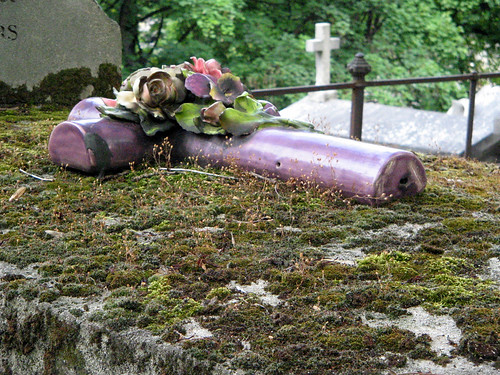"Paris city hall has been fined 90,000 euros ($109,408) for having appointed too many women to top positions in 2018, in breach of a law aimed at ensuring gender balance....
A 2013 law meant to ensure that women get better access to senior jobs in the civil service requires a minimum of 40% of appointments for each gender."
Be careful what rules you come up with to "ensure" gender equality.
